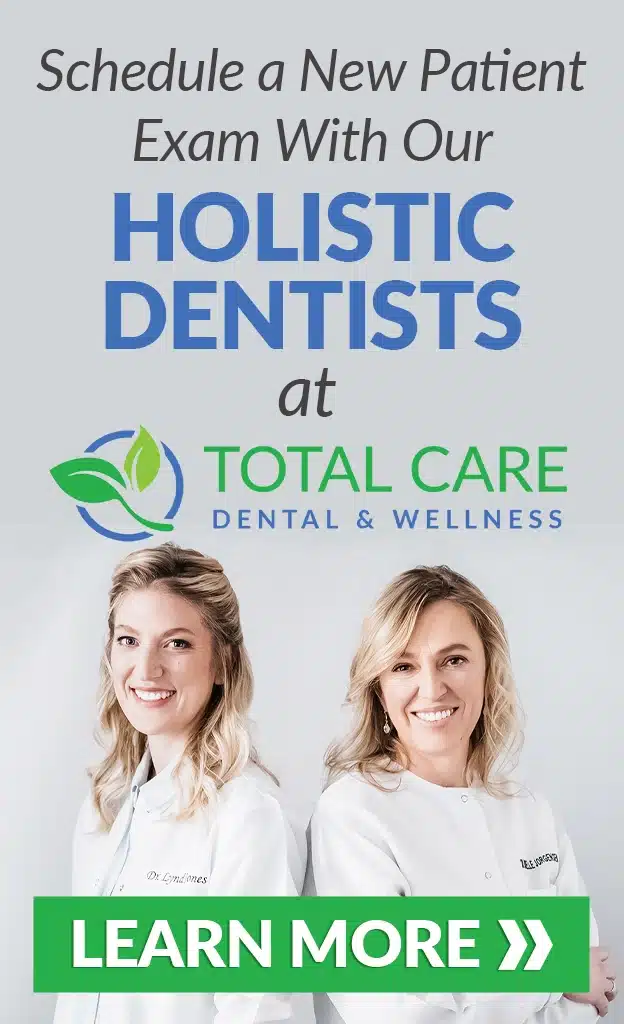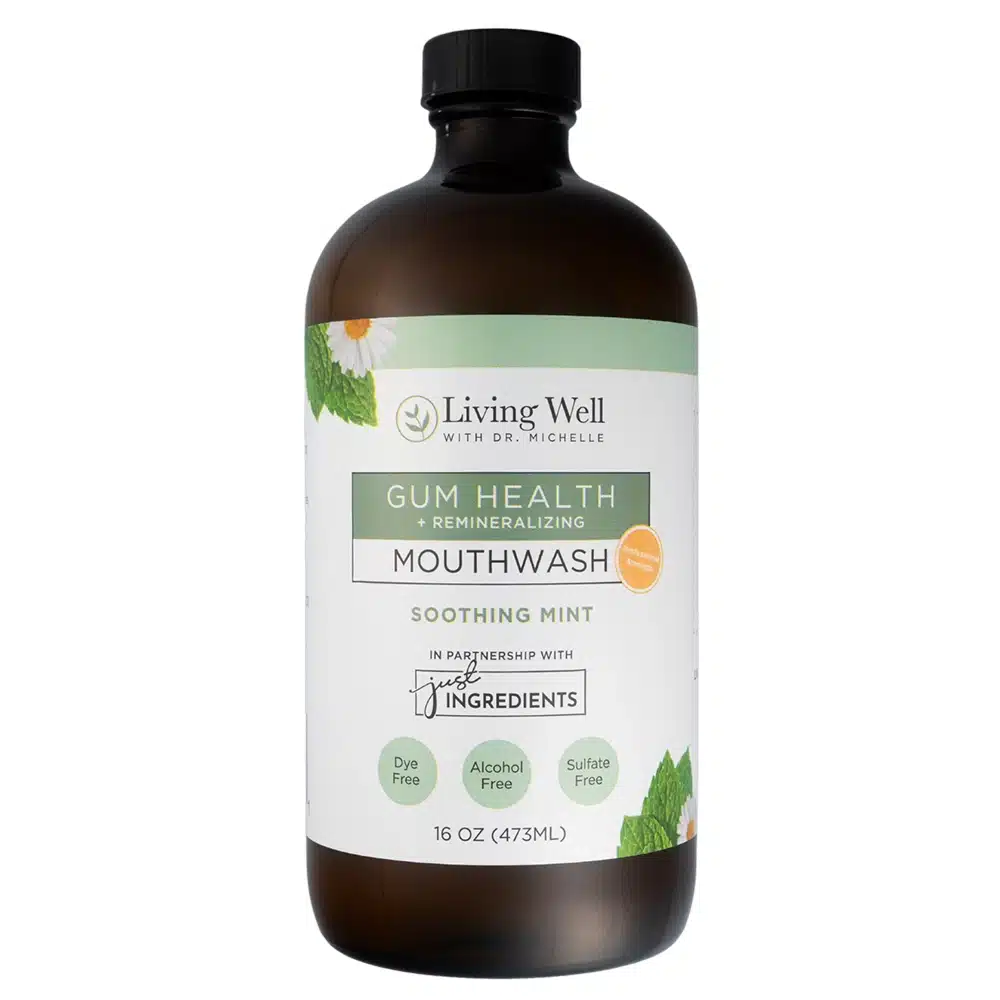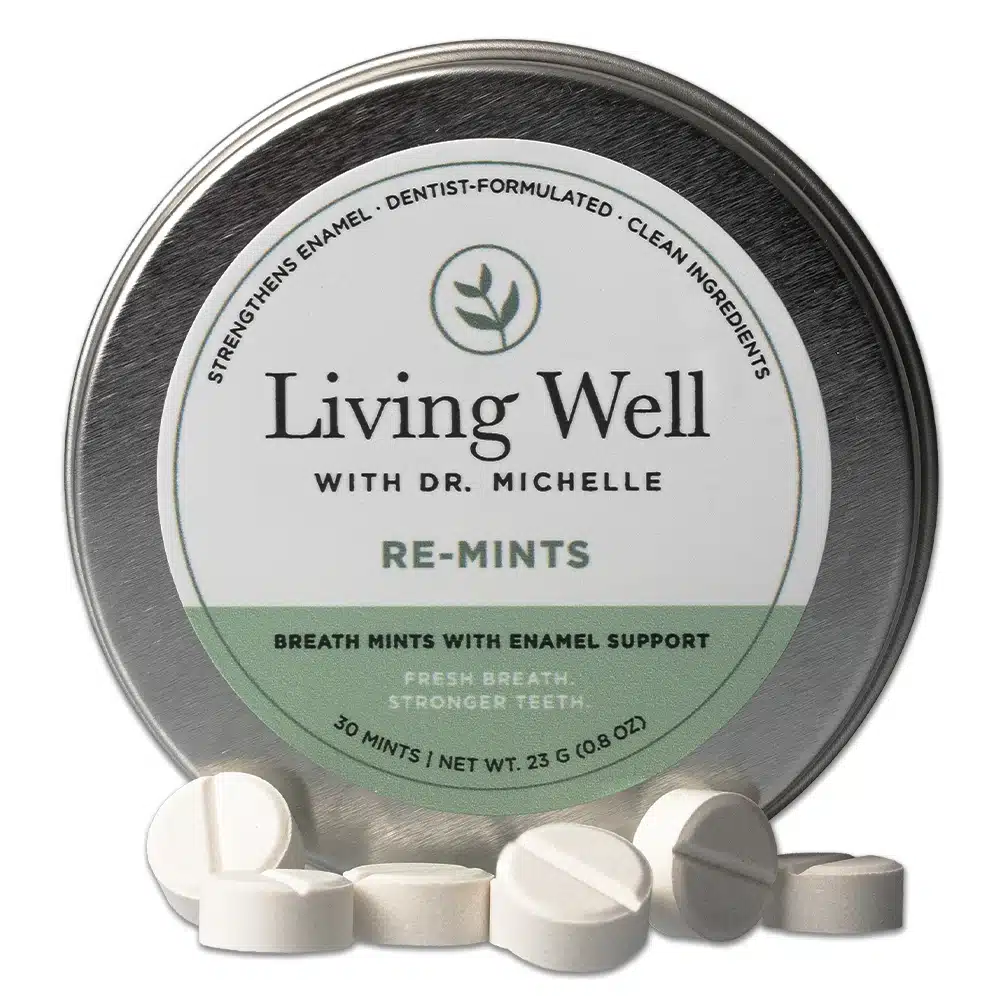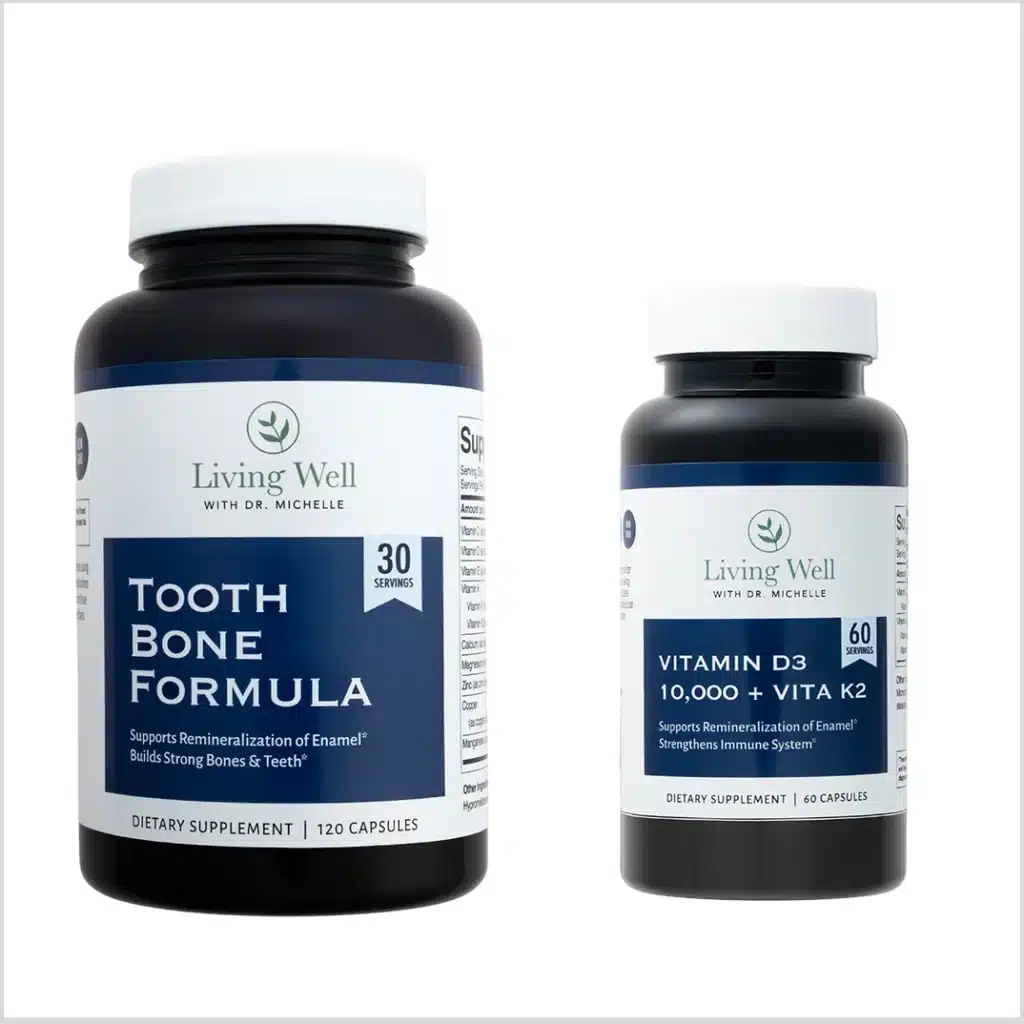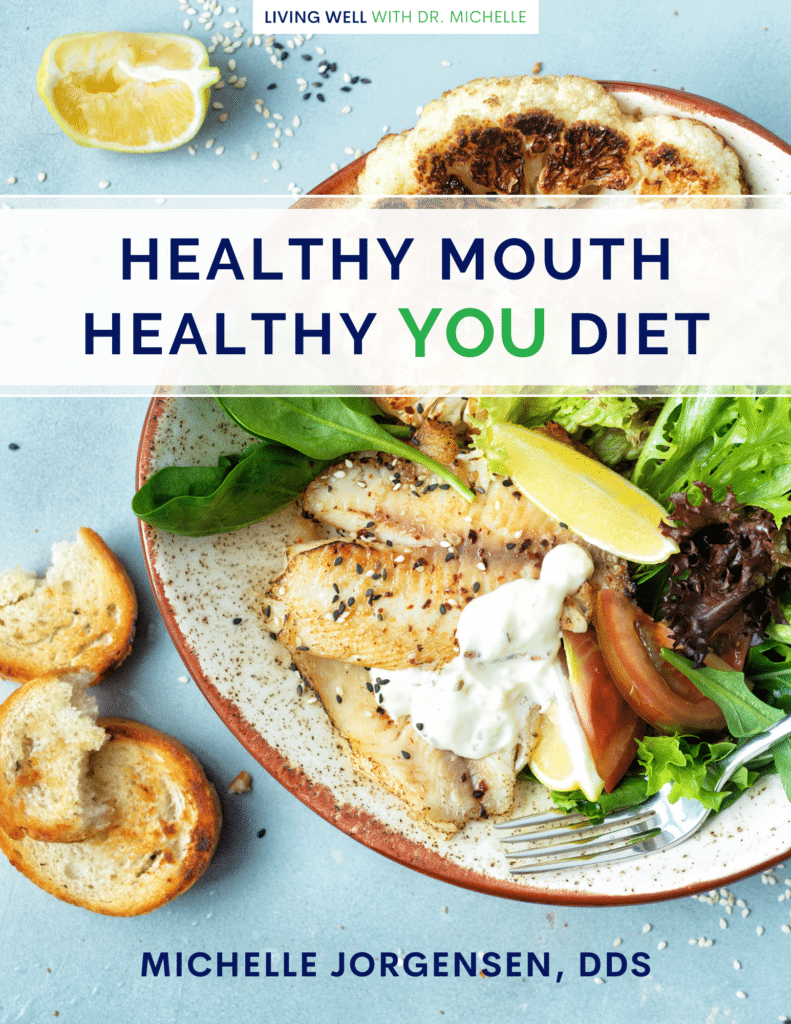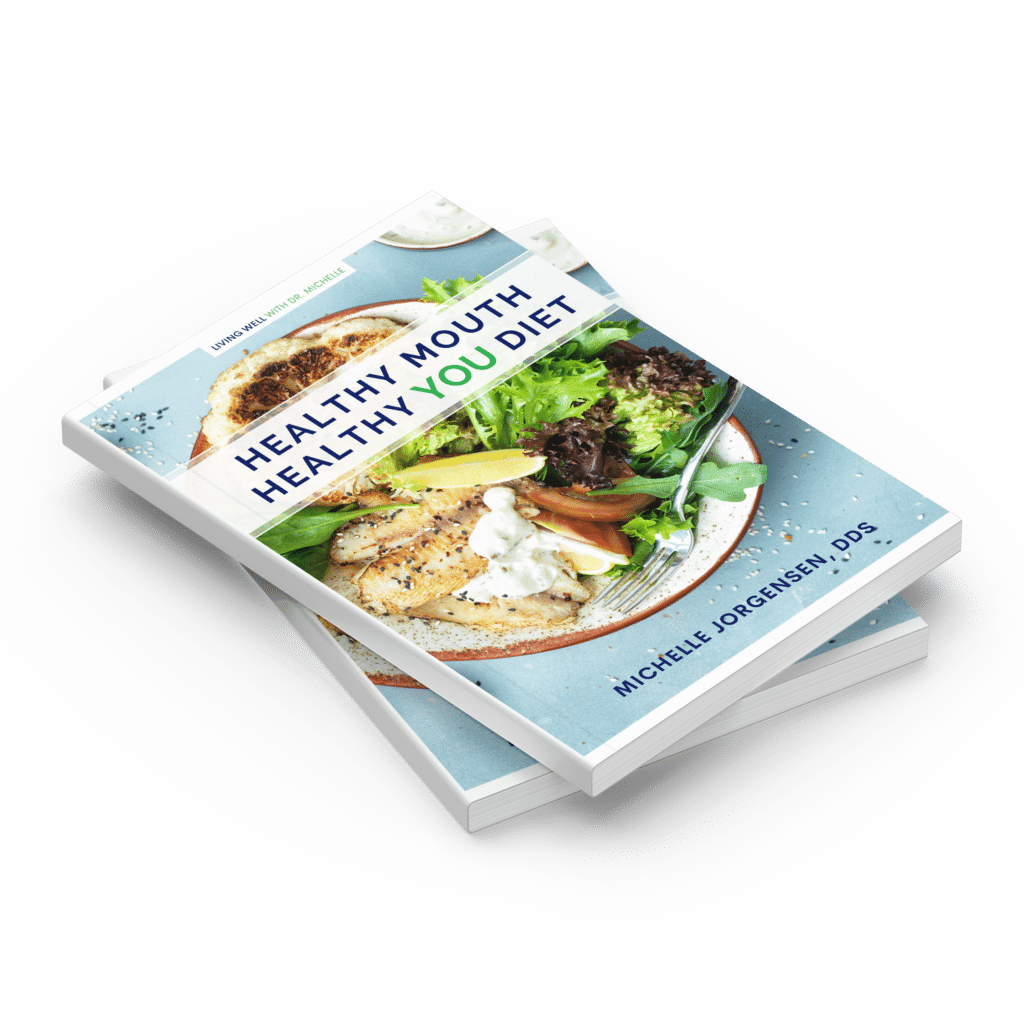The Hidden Dangers of Dry Mouth — And What You Can Do About It
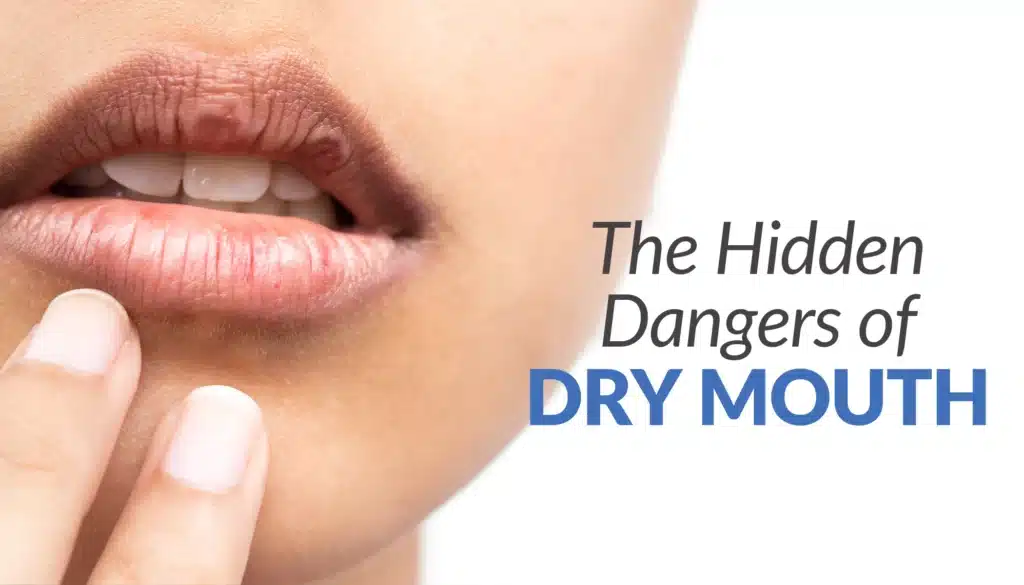
Also called xerostomia, dry mouth is more than just uncomfortable — it can quietly damage your teeth and impact your whole-body health.
At Total Care Dental & Wellness, we see many patients who come in with otherwise healthy habits — good diet, no sugary sodas, excellent brushing — and still, they develop unexpected cavities.
The hidden culprit? Dry mouth.
Let’s explore what causes it, why it matters, and what you can do to protect your oral and overall health — including the professional-grade, dentist-formulated products that can help.
What Is Dry Mouth (Xerostomia)?
Dry mouth happens when your salivary glands don’t produce enough saliva to keep your mouth wet and balanced. It’s commonly called xerostomia, and while occasional dryness is normal, chronic dry mouth needs attention.
Saliva does more than you think. It:
Washes away food particles
Delivers minerals to your teeth (like calcium and phosphate)
Helps neutralize acid
Fights off harmful bacteria
Supports your body in maintaining oral health
Without enough saliva, your mouth becomes a breeding ground for cavities, infections, gum disease, and even bad breath.
Common Causes of Dry Mouth
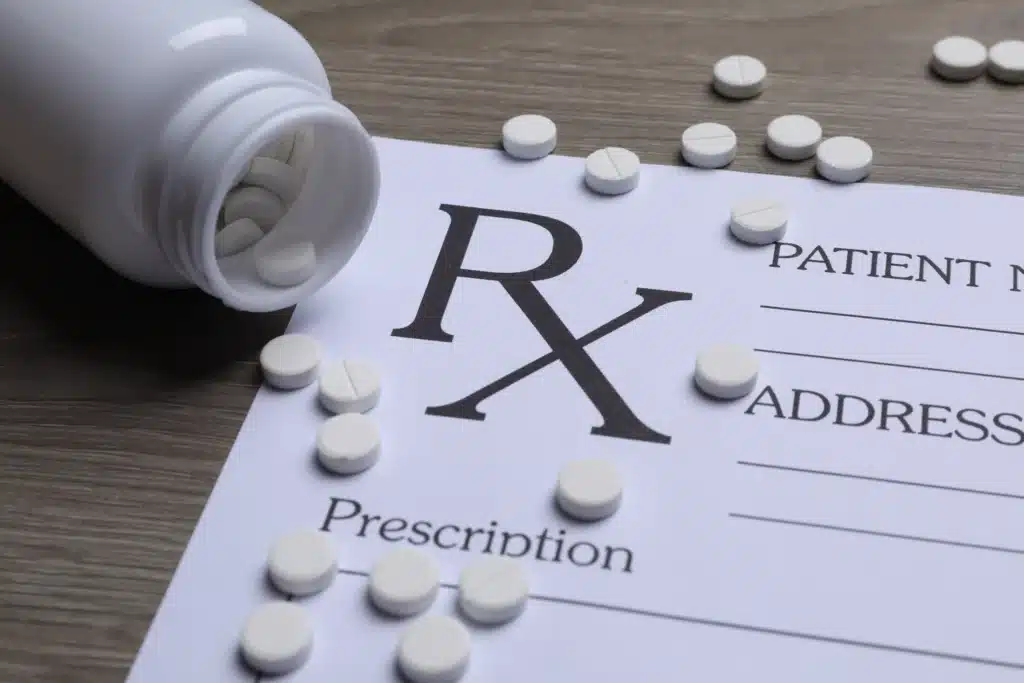
Dry mouth can happen to anyone, but it’s more common if you:
Take certain prescription medications (like those for blood pressure, depression, allergies, or anxiety)
Are undergoing cancer treatments such as radiation therapy to the head and neck
Have autoimmune conditions, such as Sjogren’s Syndrome
Are under chronic stress or in a constant “fight-or-flight” state
Experience hormonal changes, especially during menopause
Mouth breathe (especially at night)
Have a medical history involving salivary gland disorders
Sometimes, we never find a clear cause — but even then, we can still treat it.
Why Does Dry Mouth Lead to Cavities?
Saliva is your body’s natural cavity fighter.
When your mouth dries out, you lose that protective barrier. Acid-producing bacteria thrive, enamel wears down, and cavities start — often at the gumline or between teeth where you can’t see them.
We’ve even seen patients who had healthy mouths one visit, return with 10+ new cavities the next. In many cases, the only change? A new medication that caused dry mouth. Common culprits include high blood pressure medications, antidepressants, and allergy treatments.
This is also why cancer survivors and those on radiation treatment for head and neck cancer are at greater risk for tooth loss — their mouth becomes dry, and decay takes hold quickly.
Symptoms of Dry Mouth to Watch For
A sticky, dry, or burning sensation in your mouth
Difficulty swallowing or speaking
Cracked lips or mouth sores
Sore throat or dry nasal passages
Bad breath
Changes in taste
Thick or stringy saliva
Frequent cavities despite good hygiene
Trouble enjoying spicy or salty foods
Needing lip balm constantly to soothe cracking
If this sounds familiar, you’re not alone — and there’s help.
Dry Mouth Treatment: What You Can Do Right Now
Step 1: Identify and Remove the Cause (If Possible)
Check your medication list with your dentist or doctor. Are any of them known to cause dry mouth or less saliva?
If you can’t remove the cause, don’t worry — we can manage the symptoms and protect your teeth.
Some patients may benefit from blood tests to explore underlying health issues. In autoimmune conditions, your doctor may suggest blood tests to rule out systemic causes.
Step 2: Stimulate Saliva Naturally
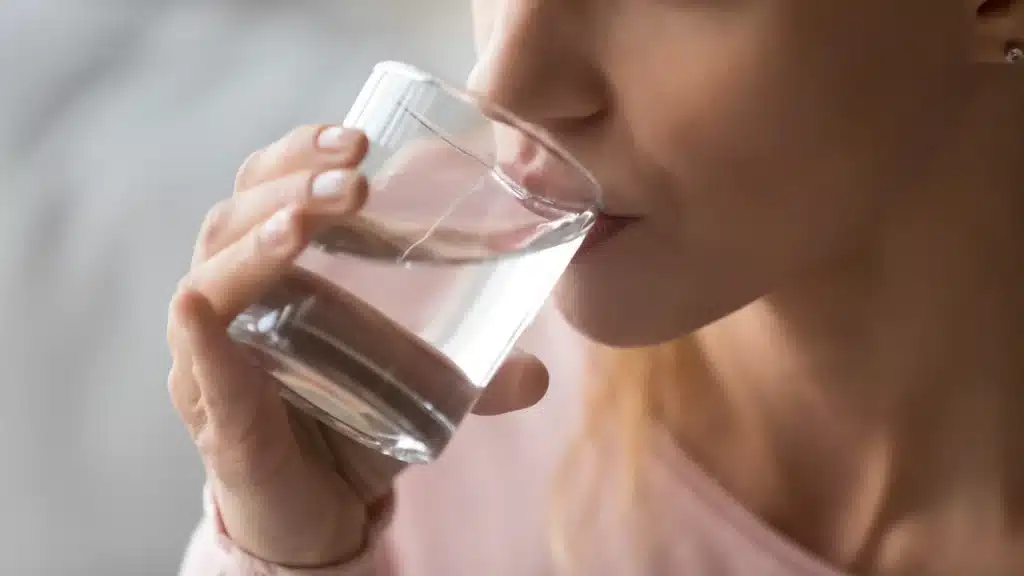
Sip water frequently throughout the day (not just during meals)
Chew sugarless gum or sugar-free gum with xylitol
Suck on sugarless hard candy to promote saliva flow
Use a dry mouth mouthwash with ingredients that hydrate, soothe, and support the oral microbiome
Avoid alcohol, caffeine, and salty foods or acidic beverages (they dry out the mouth even more)
Add moisture to the air at night with a humidifier
Still wondering how much saliva is enough? A healthy mouth produces between 0.5 to 1.5 liters of saliva daily. If you’ve noticed a dry feeling or if your saliva feels thicker, it could be a sign that your production is low.
Some patients benefit from artificial saliva products, but we find most people prefer more natural, holistic options when possible.
Step 3: Use Targeted, Holistic Products That Work
We’ve seen incredible results when patients use a combination of professional-grade products made specifically for dry mouth.
1. Living Well Remineralizing + Gum Health Mouthwash
Contains xylitol, PROtektin™, and colloidal silver to hydrate and balance the mouth
Hydroxyapatite rebuilds and protects enamel
Soothing botanicals like chamomile and marshmallow root calm irritation
Alcohol-free and fluoride-free
2. Living Well RE-MINTS: Remineralizing Breath Mints
Xylitol helps fight tooth decay and harmful bacteria
Hydroxyapatite strengthens enamel between brushing
PROtektin™ supports a healthy oral microbiome
Perfect for on-the-go saliva stimulation
3. Living Well Tooth Remineralization Supplements
Supports teeth from the inside out with Vitamin D3, K2, and essential minerals
Helps the body deliver calcium and phosphorus to the teeth
Ideal for patients with frequent cavities, orthodontic appliances, bladder control issues, or dry mouth
Why You Need More Frequent Dental Visits
If you’re struggling with dry mouth, we need to see you every 3 months.
Here’s why:
Dry mouth accelerates cavity formation
Cavities are harder to detect early without sufficient saliva
More frequent cleanings help remove plaque bacteria before they cause damage
Regular visits help us monitor your oral health and intervene early
At Total Care Dental, we use ozone therapy, biocompatible materials, and 3D imaging to spot early signs of trouble and create a personalized, gentle care plan.
Frequently Asked Questions About Dry Mouth
What is the best solution for dry mouth?
The best solution is a combination of hydration, stimulation, and support. That includes frequent water sipping, Living Well mouthwash and mints, and daily remineralization supplements.
Can xerostomia be cured?
Sometimes — if the cause (like a medication) can be removed. But even if it can’t, symptoms can be managed, and damage prevented.
What drinks help dry mouth?
Water is best. Herbal teas (without caffeine) and coconut water may also help. Avoid acidic or sugary drinks. Always drink plenty of fluids to help keep your mouth healthy.
Does dry mouth mouthwash really work?
Yes — if it’s alcohol-free, fluoride-free, and formulated with saliva-supportive ingredients like xylitol, hydroxyapatite, and botanicals.
Why is my mouth dry even if I drink water?
Water helps, but it doesn’t replace saliva. That’s why stimulating saliva production with mints, chewing, and supplements is essential.
Don’t Wait — Protect Your Smile from Dry Mouth
Dry mouth may feel like a small annoyance, but it can quietly cause big problems. Tooth decay, gum disease, infection, and even tooth loss can all follow if it’s not addressed.
The good news? You can take control — with the right support.
✅ Start using the Living Well mouthwash and RE-MINTS today
✅ Support your teeth internally with remineralization supplements
✅ Schedule your 3-month cleaning and exam with our holistic team
Let’s keep your smile strong, healthy, and resilient — together.

Dr. Michelle Jorgensen
Dr. Michelle Jorgensen is an author, speaker, teacher, biologic/holistic dentist, and health and wellness, provider.
Dr. Michelle Jorgensen is also a Board Certified Traditional Naturopath and has received certifications as a Therapeutic Nutritional Counselor, and a Certified Nutritional Autoimmune Specialist. She completed a Holistic Dental Mini-Residency and is pursuing ongoing training from experts around the world in health-related fields.
Dr. Jorgensen also teaches and coaches groups of dental professionals across the country through her Living Well Professionals training. They learn how to integrate dentistry with other health disciplines to provide an integrated, whole body approach to care.


